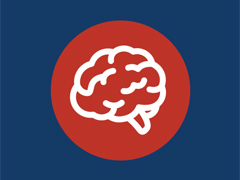The Connection Between Music and Your Emotions

We often listen to music that matches the mood we’re in. If you’re in a good mood, you might listen to upbeat songs, or if you’re feeling down you might listen to a slower song. Sometimes, we listen to music to make us feel a mood we’re not currently feeling, like when we want to be motivated or productive.
We’re naturally able to manage our emotions, but we sometimes turn to music to help us out. Research has shown that music can strongly influence our emotions. In fact, some therapists even use music to improve their patients’ moods.
So, is it better to listen to music to express negative feelings or to make you feel better? According to a recent study, the type of music we prefer to listen to may influence our long-term emotions. The study revealed that those who preferred negative music when they felt negative emotions were likely to feel more anxious. On the other hand, subjects who preferred to listen to upbeat music to distract themselves from negative emotions had more activity in the part of the brain responsible for emotion regulation.
The power of music may extend beyond influencing our emotions as well. Research has shown that music may also affect our physical well-being. Stroke patients may have an improved sense of balance, mobility and focus while listening to music.
Music can help us change how we feel in the moment or intensify that particular feeling. That can feel good to an extent, but you should be aware of how it might be affecting you in the long term. If you find yourself consistently feeling down and looking for someone to talk to, know that you can get ongoing support from a behavioral therapist through telehealth services.


